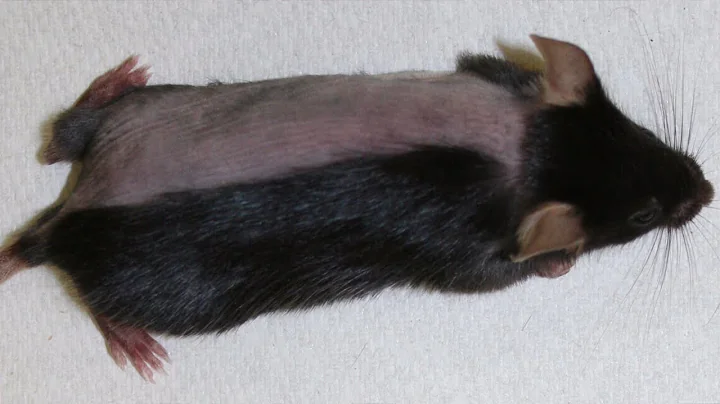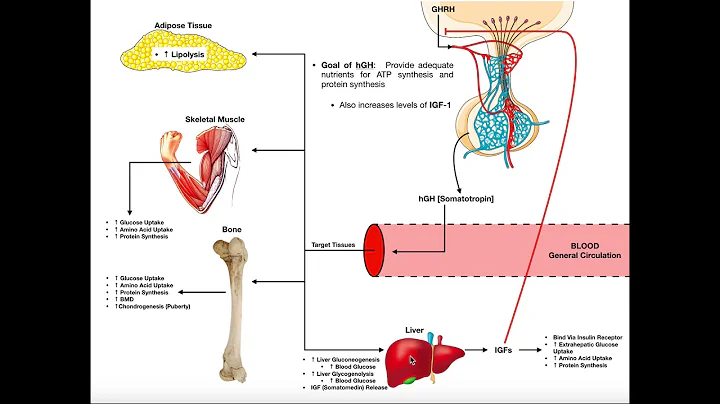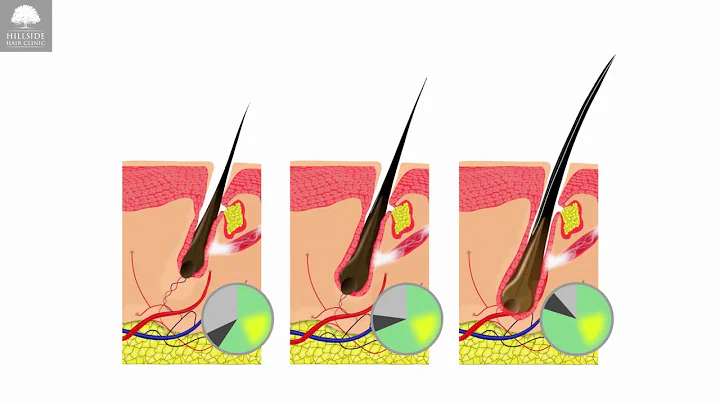Acne, also known as acne, pimples, folliculitis , is a skin disease caused by the inflammation of hair follicles and sebaceous glands. The secretion of hormones in the body during adolescence increases, stimulating hair growth and promoting the sebaceous glands to secrete more oil. Hair and sebaceous glands therefore accumulate many substances, causing oil and bacteria to attach together, causing skin redness and swelling. This reaction is common in men and women during adolescence, so it is called For acne.

[Causes of acne]
1. Hormonal acne usually begins in adolescence when the body begins to secrete hormones. The age of 11-14 is the climax of male hormone secretion, so it is also the climax of acne.
2. Excessive sebum secretion: The sebaceous glands are stimulated by male hormones and produce more sebum. However, greasy sebum, mixed with normal exfoliated old keratin, accumulates in the hair follicles. The stronger the sebaceous gland secretion, the easier it is for the hair follicles to become blocked and form acne.
3. Changes in hair follicles As male hormones increase and sebum secretion increases, hair follicles change. Normally dead cutin will be gradually discharged. However, during adolescence, old cutin will fall off quickly, causing it to stick together, and then mix with sebum to clog the hair follicles. .
4. P. acnes Bacteria can easily breed in clogged hair follicles. One of them is called Propionibacterium acnes, or P bacteria for short. It eats sebum to survive and normally exists in the skin. When sebum blocks the hair follicle, P. The bacteria multiply rapidly and the chemicals they produce can inflame the hair follicles and their surroundings.
5. Acne caused by cosmetics Some specific cosmetic ingredients can cause pores to be blocked and cause acne. These products include cosmetics, foundation, night cream and moisturizer, etc., which are called comedogenic. You should choose non-comedogenic products. Noncomedogenic cosmetics.
6. It is related to genetics. Both men and women of any race will have acne, but there are still some differences. For example, white people are more likely to have acne than black people and Asians. Although everyone gets acne, some pimples are similar to those of other family members.

7. Acne caused by environmental factors:
1. Daily habits: Holding your chin or wearing a helmet will cause repeated friction with the face.
2. Air: Air pollution and dust adhere to facial skin.
3. Climate: Excessive sun exposure and high humidity will aggravate the condition of acne. 4. Drugs: male hormones, bromide , lithium salt , etc.
5. Occupation: Due to work, you are often exposed to grease and chlorine-containing hydrocarbons (such as polychlorinated biphenyls ).
8. Abnormal life schedule:
Irregular life, staying up late, lack of sleep, poor mood, excessive stress, and poor eating habits will reduce the skin's ability to repair itself and worsen acne.
[Principle diagram of acne onset]
Acne, in ancient Chinese medicine, was called facial sores and wine thorns. It is a common and frequently-occurring disease in dermatology. According to statistics from scholars, 95% of men and 85% of women in adolescence have suffered from acne to varying degrees. So it is very appropriate that everyone calls it "acne". Acne (acne) The symptoms of acne are graded differently depending on individual reactions, the degree of damage caused by acne is also different, and its clinical manifestations are also different.
Some people only develop mild acne, while others develop severe cysts, leaving pigmentation and scarring.
Therefore, acne is clinically classified according to the severity of the symptoms: Level I: mainly acne, a small number of papules and pustules, and the total skin lesions are less than 30; Level II: acne and a moderate amount of papules and pustules, total skin lesions The number of skin lesions is 31 to 50; Grade III: a large number of papules and pustules, the total number of skin lesions is 50 to 100, and the number of nodules is less than 3:
Grade V: nodules/ cystic acne or aggregated Acne has more than 100 total skin lesions and more than 3 nodules/cysts.
If your acne is Level I. You have to pay attention to your sleep, diet and protection.
If you are grade II or above, you need to see a doctor.While actively cooperating with your doctor, you must try your best to avoid the sequelae of acne. This is what you want.

How to treat acne?
1. Most people clean their face once in the morning, before lunch break and before going to bed in the evening. However, people with oily skin, greasy working environment, high ambient temperature or frequent exercise, especially athletes, should wash their face more frequently.
In fact, this understanding and practice is wrong. Washing your face in large amounts will remove the oil and will also accelerate the loss of moisture on your face. It is recommended that you take some moisturizing measures after washing your face.
You should wash your face after returning home from exercise or going out to wash away the dirt and oil on your face, keep your face clean and dry, and avoid dirt clogging pores. As for cosmetics, if people with oily skin choose greasy cosmetics, it will undoubtedly make things worse. It can easily clog pores and cause acne and whelks. Therefore, people with oily skin should choose thin milky cosmetics or skin care products, and use them every day. Remove makeup.
After washing your face, you can wipe it with astringent lotion or refreshing soft water. Use an exfoliating and cleansing mask once a week to clean the pores.
2. People with oily skin should wash their hair frequently, because the oiliness of the scalp can easily cause acne where the hair meets the face.
3. Oily skin with strong sebaceous gland secretion should avoid massage to avoid stimulating oil secretion and making acne more likely.
4. It is best not to keep your hair long or spread it on your face, as this can easily irritate the skin and cause acne.
5. Don’t touch your face with your hands, because your hands are not only easy to carry bacteria, but also stimulate unnecessary pimples due to the touch of things. Also, do not squeeze the acne with your hands to avoid causing suppuration and inflammation. Scars and pigmentation will form after the abscess ruptures, which will affect the appearance. Unsterile skin and finger instruments, unprofessional techniques, and incorrect judgment of the extent of acne. It is easy to injure the stratum corneum when squeezing acne, leaving behind pits (permanent) and stains, which are regrets that cannot be eliminated for life.
6. When you have acne on your face, you should also pay attention to sun protection and try not to bask in the sun. Some people think that darkening your face can cover up the red spots on your face. In fact, it will not only fail to cover up, but also have the opposite effect, that is, it will make acne To make things worse, if you are at the beach or swimming, not only are the ultraviolet rays strong, but the pool water is also a irritant to acne-prone skin.
7. If you already have acne on your face, you should avoid using foundation and cosmetics. Some people want to cover it up with foundation, which will have the opposite effect.
8. Keep a happy mood and get enough sleep to avoid rising liver fire, causing hormonal imbalance .
In addition, develop the habit of getting up early to defecate every day, exercise more, have a normal schedule, or drink more yogurt to change the bacterial ecology of the intestines.
9. Try to eat a light diet, drink more water, eat more vegetables and fruits, less oil, less sweetness, less stimulation, avoid eating too many foods containing pigments and artificial flavors, and foods containing caffeine such as; strong tea, Coffee, cocoa, chocolate, etc. can also easily trigger oil and endocrine imbalances, leading to more serious acne.
In addition, do not drink too much, smoke, or take any supplements, because many traditional Chinese medicines such as astragalus, Guizhi, cinnamon, wolfberry or Siwu Decoction and Siwu Pills that are commonly used by women to regulate menstruation are also easy to use. Causes acne.
10. Experts suggest that if conditions permit, it is best to use some professional acne and print removal products.
11. People who are prone to acne around the mouth should pay attention to the use of toothpaste, because the fluoride in toothpaste can easily induce acne. You can choose a toothpaste that does not contain fluoride, or be sure to leave the residue on your mouth after brushing your teeth. The toothpaste is clean.
12. Never neglect the cleanliness of pillow towels and pillowcases. Pillow covers should be changed every day or two, and pillowcases should be changed and washed once a week. Pillow covers are often in contact with the skin of the face. If you only wash your face without changing the pillow cover, you haven't washed your face.Because pillowcases are in direct contact with the face, they are easily stained with mites, dandruff and other dirt, so it is necessary to change them regularly.

[It is recommended that you try the following acne removal rules]
1. Use a weak acid facial cleanser to clean your face thoroughly every morning and evening. Do not use products that are too strong in cleaning power or contain alkali, so as not to destroy the weakly acidic nature of the sebum film, because the pH value of sebum film is destroyed in one day, and bacteria can easily breed. After cleansing, products containing water-soluble moisturizing factors, such as moisturizing lotion or beauty serum, should be used to reduce the oil burden on the skin.
2. Exfoliate regularly. It is best to use a chemical keratolytic agent, such as fruit acid.
3. Use topical or oral antibiotics to inhibit the growth of bacteria in the hair follicles, but this is a last option. Oral antibiotics, such as tetracycline and vitamin A acid, must be diagnosed and prescribed by a physician before taking them, because they will produce some side effects and kill both bad bacteria and good bacteria.
4. The cause of adult acne is caused by a combination of factors. Once you have adult acne, it is recommended to seek treatment from a professional doctor.





















